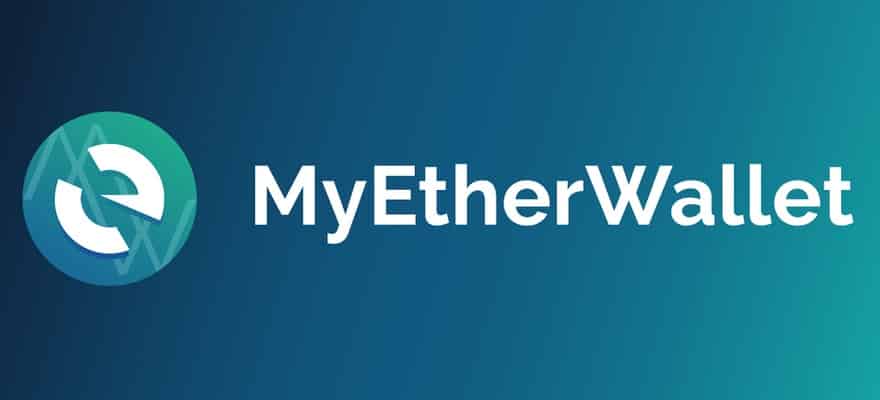Together, crypto finance platform Bity and Ethereum wallet provider MyEtherWallet (MEW) have revealed plans for a crypto-to-fiat withdrawal platform that doesn’t require its users to pass KYC checks. Both companies claim that despite the lack of required KYC checks, the platform is fully regulated.
Instead of providing personal identity information, users of the platform will need to undergo a process to “verify proof of wallet ownership,” says Bity CEO and Founder Alexis Roussel. The new platform “will finally open doors for users to access a cryptocurrency exchange service that is KYC-less, yet regulatory compliant,” he said.
We are thrilled to announce a new integration with our long-time partner @bity :
A #KYC -less Exit-to-#Fiat gateway that allows MEW users to exchange #Bitcoin or #Ethereum to Swiss Francs or Euros seamlessly inside the wallet. See our Medium for details!https://t.co/KItbYYgbXm — MyEtherWallet.com (@myetherwallet) February 20, 2019
Users of the platform, called the “Exit to Fiat Gateway,” will have the ability to exchange their Bitcoin and Ethereum for Swiss Francs (CHF) or Euros (EUR). The current limit on these withdrawals is 5,000 CHF (roughly $5000.)
MEW founder and CEO Kosala Hemachandran said that “this Exit-to-Fiat gateway is a gamechanger for cryptocurrency users around the world because it allows people to exchange crypto to fiat without needing to be KYC verified.”
The announcement of the new platform coincides with the launch of the fifth version of MEW. In this update, the wallet’s UX/UI has been made more beginner-friendly. Additionally, a new Changelly-powered exchange interface has been added.
While the redesigned MEW V5 interface has a different look, there are even more updates under the hood – including the SafeSend #antifraud feature by @coralprotocol. Find out more about the way Coral Protocol works on their blog: https://t.co/Nn3GXIcIiu
— MyEtherWallet.com (@myetherwallet) February 18, 2019
The newest version of the wallet could be one step closer to the mobile wallet that Hemachandran told Finance Magnates about during an interview conducted last year: "We’re making [something that can be compared to] a hardware wallet, but it’s on your phone. It’s free to download and to use. It’ll create a peer-to-peer connection with MyEtherWallet and your which will be secured and encrypted, and your private key will never leave your phone,” he said.
Is the platform’s lack of KYC checks too good to be true?
KYC checks have become a regular part of nearly every cryptocurrency exchange, even those that don’t allow their users to exchange their crypto for fiat. This is no coincidence - the United States government and other governments around the world are putting major pressure onto these services to add KYC so that users will have a tougher time evading the tax man.
One of the most recent examples of this is ShapeShift, a crypto-to-crypto exchange that was ordered to add KYC requirements after resisting pressure from regulators for months. According to a report from BitcoinExchangeGuide, “since so many users with ShapeShift thrived on this privacy, many took their business elsewhere, leaving the firm’s trading volume in shambles.”
However, the new Exit-to-Fiat gateway could be spared because of several factors. For one thing, MyEtherWallet isn’t really a centralized custody service; rather, it provides tools for users to make their own local wallets. The other part is that Bity, which is based in Switzerland, is compliant with AMLA, the Swiss Anti Money Laundering Ordinance; in other words, its local government is satisfied with its wallet verification procedure.
However, if the Exit-to-Fiat gateway ever decides to add USD to its withdrawal options, we could be hearing a very different story.


















